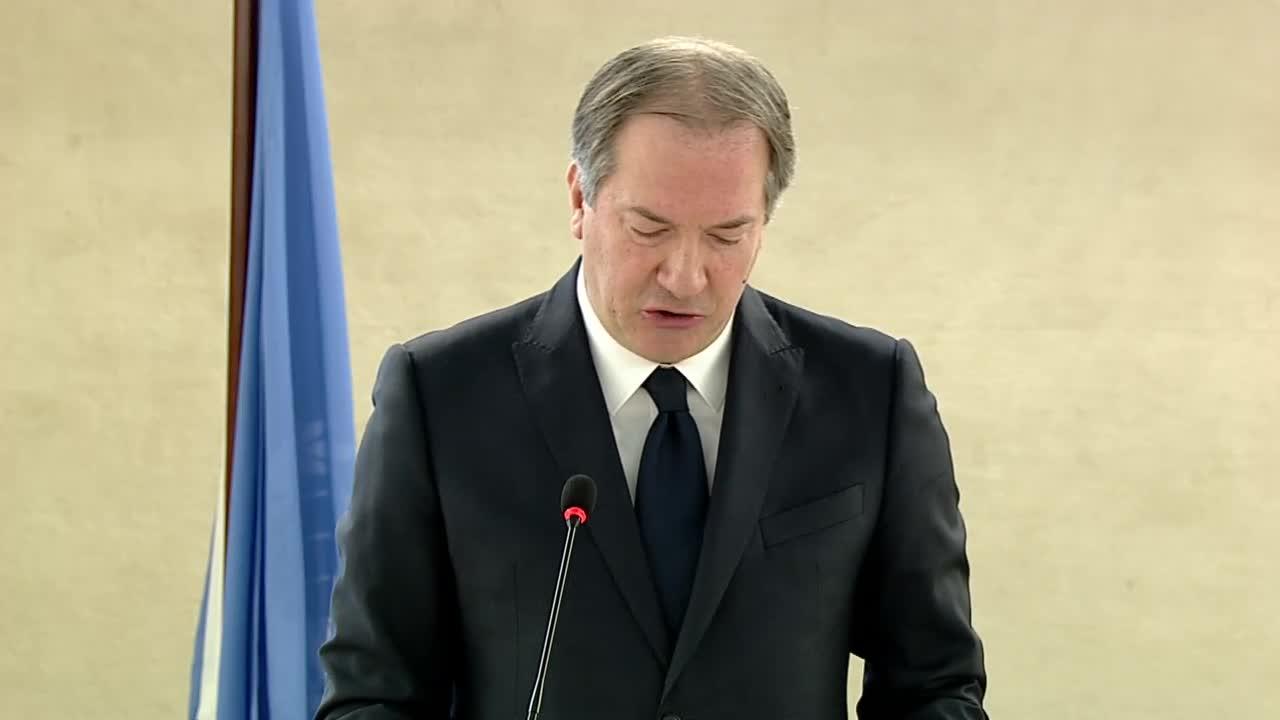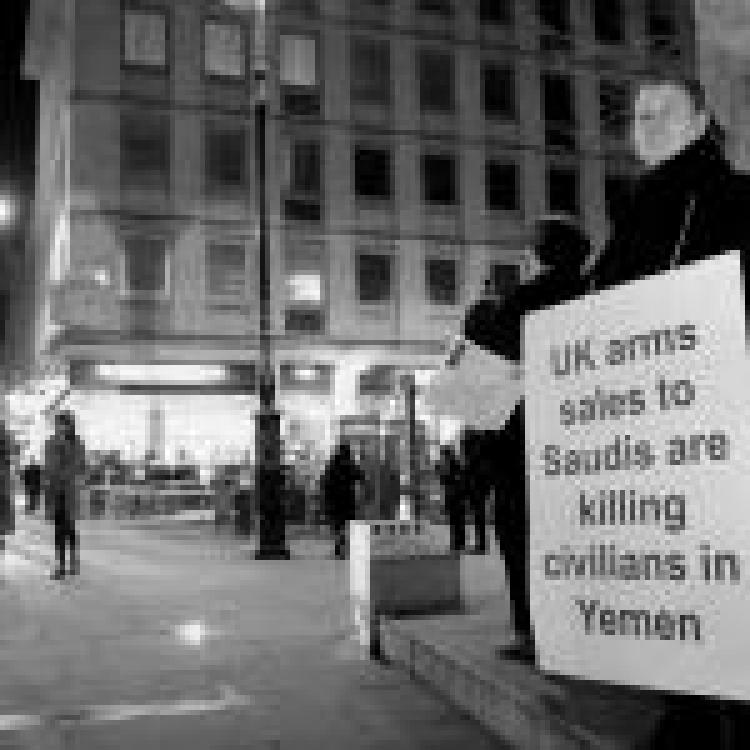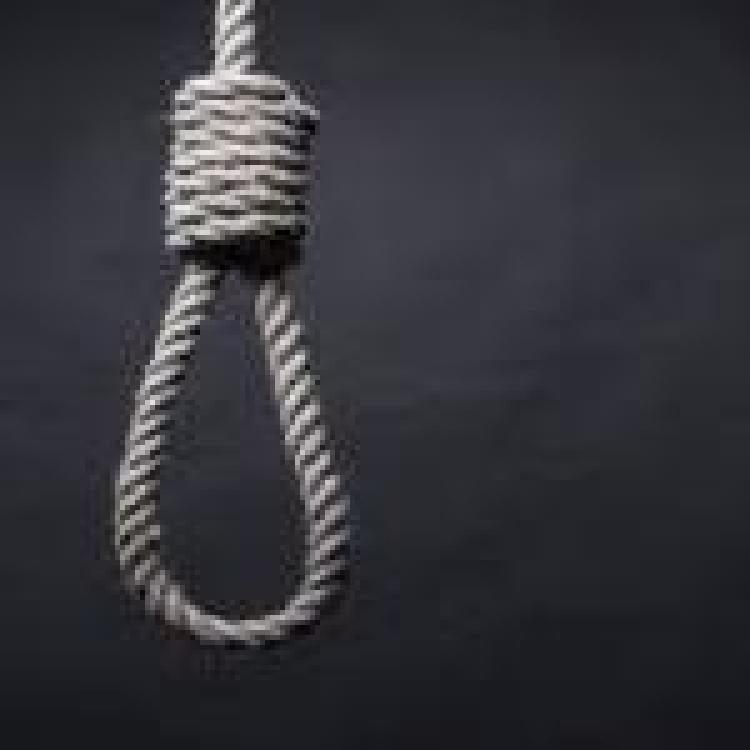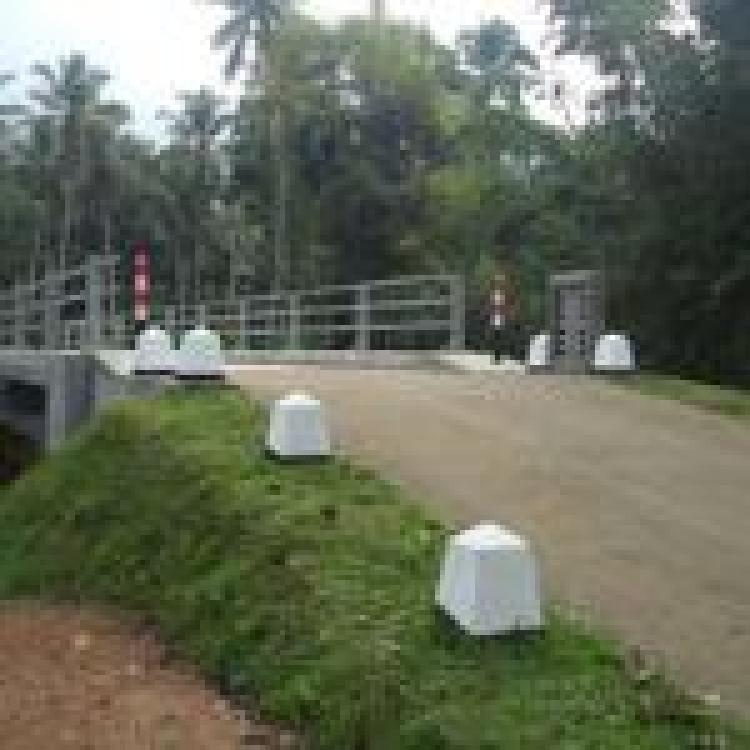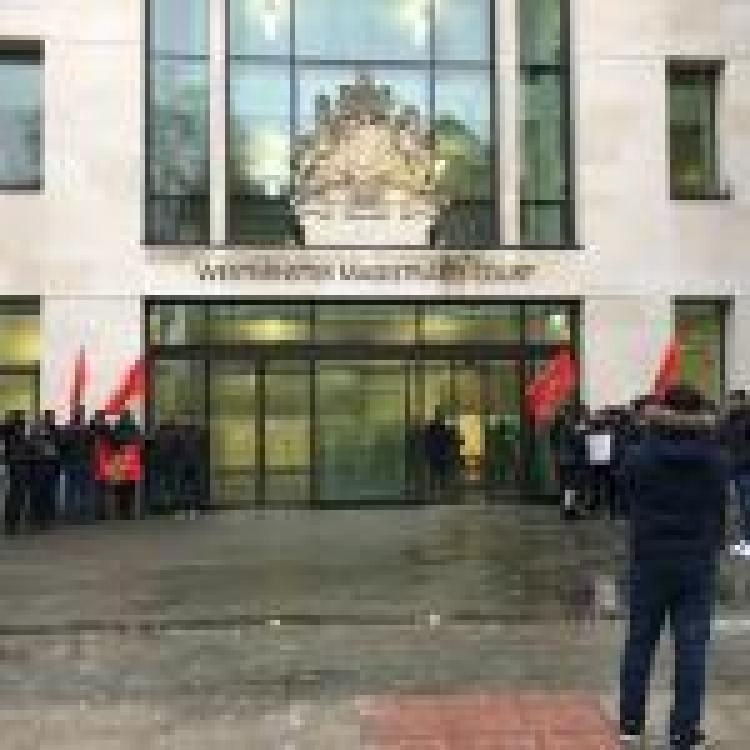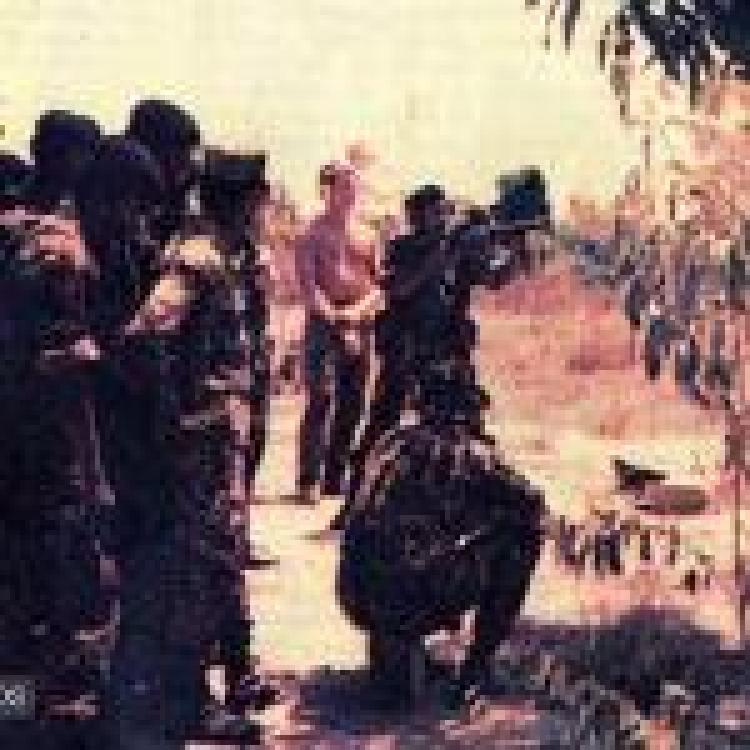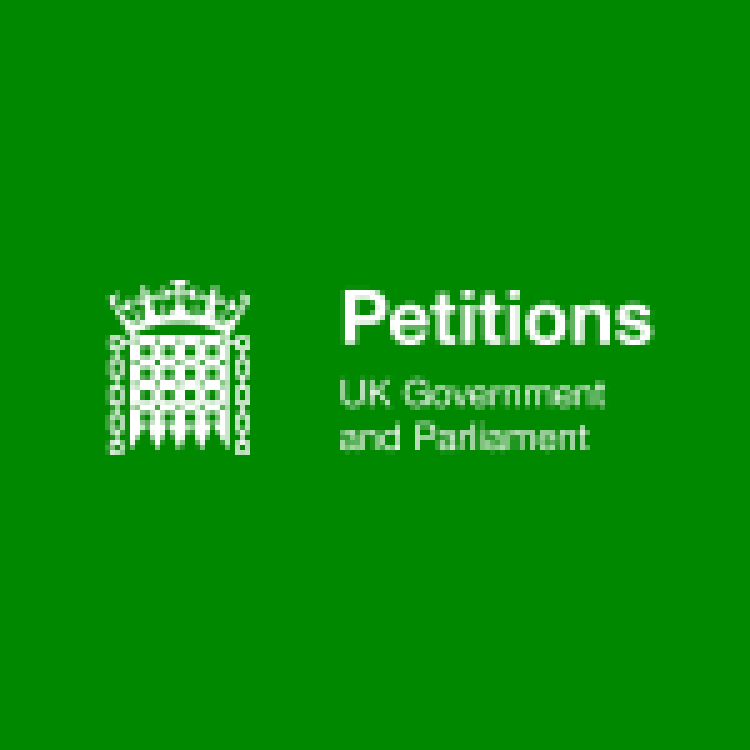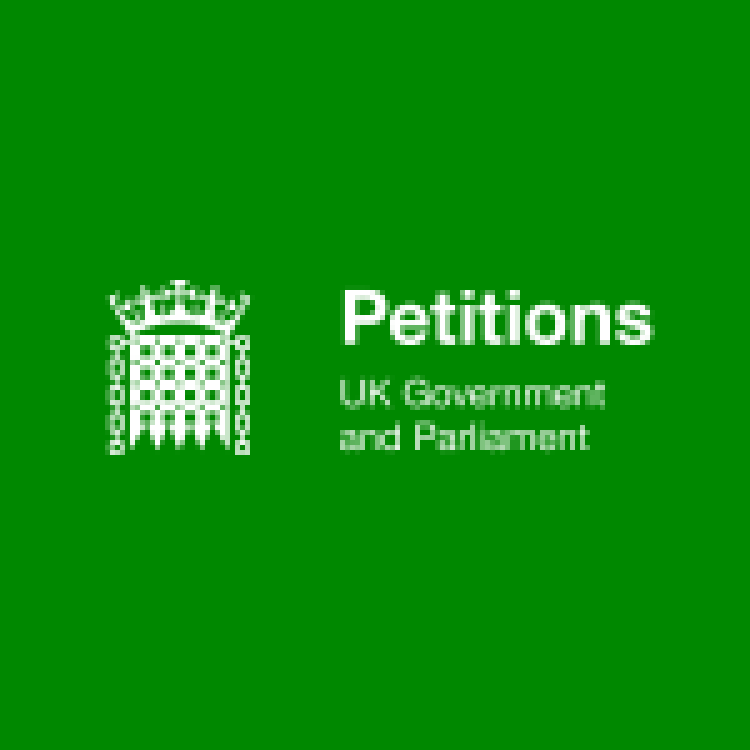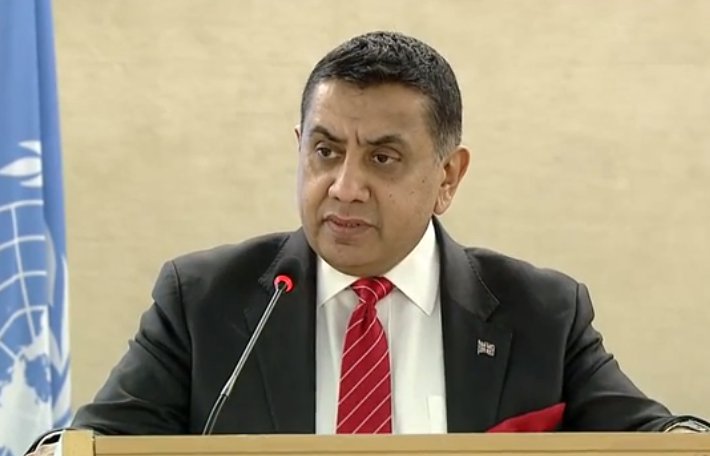
The United Kingdom on Monday urged Sri Lanka to "implement in full" the co-sponsored resolution 30/1 of the UN Human Rights Council, which calls for a hybrid mechanism of justice to examining crimes committed at the end of the armed conflict.
Addressing the Council's 40th session in Geneva which began this week, the UK's Foreign Office Minister, Lord Ahmad said the UK would “encourage them [Sri Lanka] to implement in full the commitments made to this Council to secure long-term reconciliation”.
He noted Sri Lanka’s decision “to return more land to its people, and to establish an Office for Reparations” in a speech that highlighted Britain’s commitment to support minorities and end human rights abuses. Lord Ahmad also detailed continuing atrocities in Syria, Burma, South Sudan and Iraq as well as the lack of progress with North Korea before turning to Sri Lanka.
Read Ahmad’s statement here and watch his speech here.
North Macedonia's, Deputy of Foreign Affairs, Mr Andrej Žernovski, made similar calls during his speech on Tuesday. He welcomed Sri Lanka’s establishment of the Office of Reparations but also emphasised expectations “that the Office of Missing Persons will provide answers to the families of the disappeared”. Žernovski concluded his statement on Sri Lanka by calling for the continued support of the council;
“It remains of critical importance to the Council and Office of the High Commissioner to assist Sri Lanka to make progress on accountability and reconciliation.”
Watch his speech here.
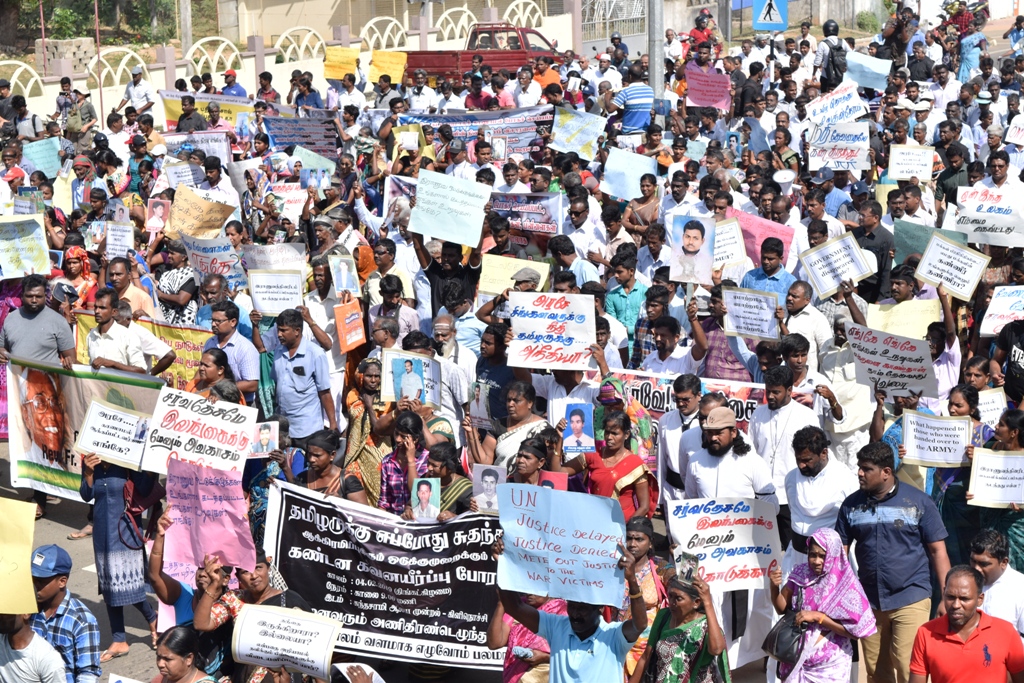
Kilinochchi, February 25, 2019
The Foreign Office Minister’s statement came as hundreds of Tamils protested in Kilinochchi, condemning reports Sri Lanka will be given another two years to implement the resolution and instead are calling for the country to be referred to the International Criminal Court, highlighting the government's failure to take meaningful action on the resolution.
The Council's session follows significant political turmoil in Colombo at the end of last year when the president sacked the prime minister, appointed the former president Mahinda Rajapaksa and attempted to dissolve parliament.
In January of this year, Human Rights Watch released a report stating that this prospect “raised fears not only of further delays in justice but of retribution against those pressing for government action”. Sri Lanka has pledged a commitment to reconciliation and demilitarisation but Tamil rights organisations continue to protest arguing that current efforts are insufficient in fulfilling a commitment to transitional justice.
Meenakshi Ganguly, South Asia director at Human Rights Watch, went on to state that whilst the military has returned some land; “families in the north and east have held protests and vigils to demand the return of their land from military occupation and to seek the truth about disappeared family members”. Ganguly urges the international community “to press the government to meet its commitments to people who have suffered for so long”.

Sri Lanka's parliament descends into chaos as MPs throw books, chilli powder and chairs at each other. November 2018
Similarly, Yasmin Sooka, a South African transitional justice expert, and Frances Harrison, a former BBC correspondent and Program Coordinator for the International Truth and Justice Project, expressed scepticism over Sri Lanka’s commitments to reform. In an article published for the LSE South Asian blog, they note describe Sri Lanka’s pledges to transitional justice as “empty promises” and criticise the government’s failure to tackle impunity, which they state is “evidenced by a litany of failures”.
Read the Human Rights Watch statement here and Sooka and Harrison’s piece here.

